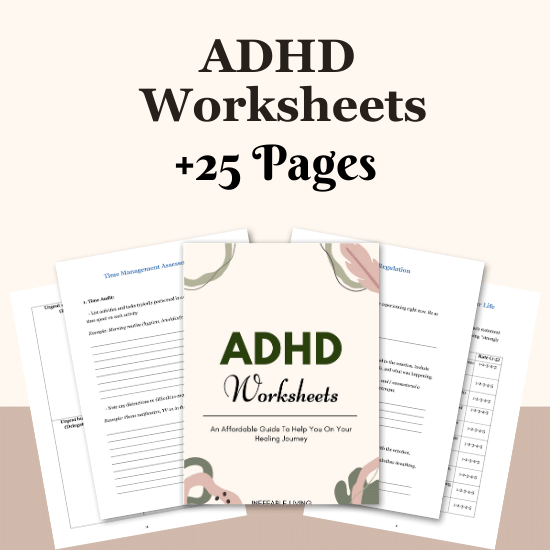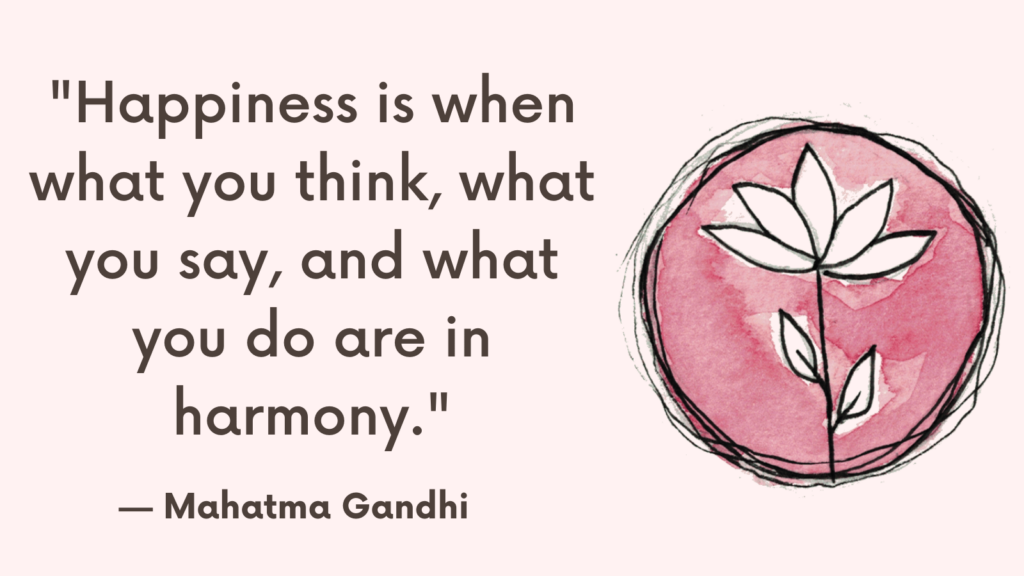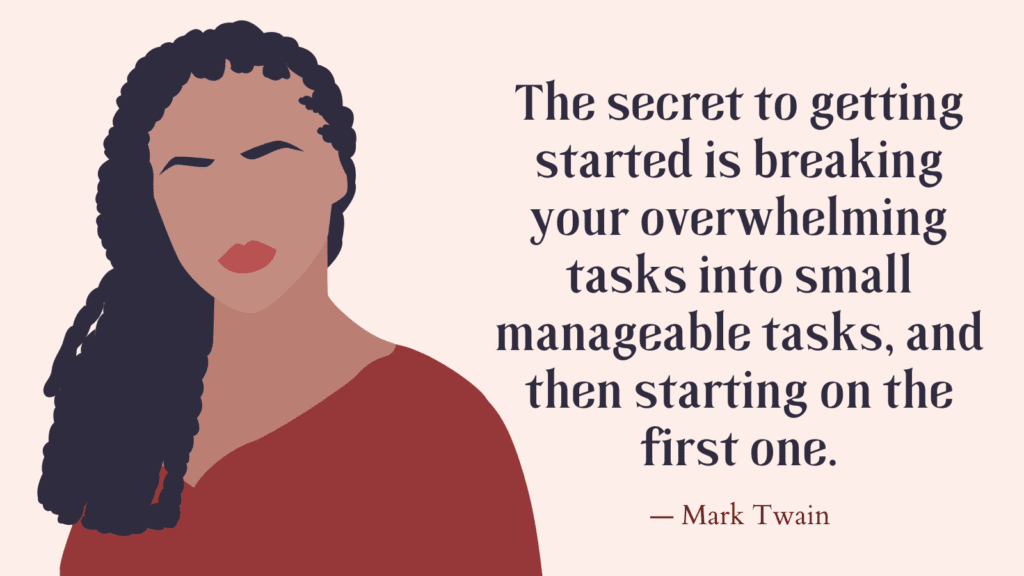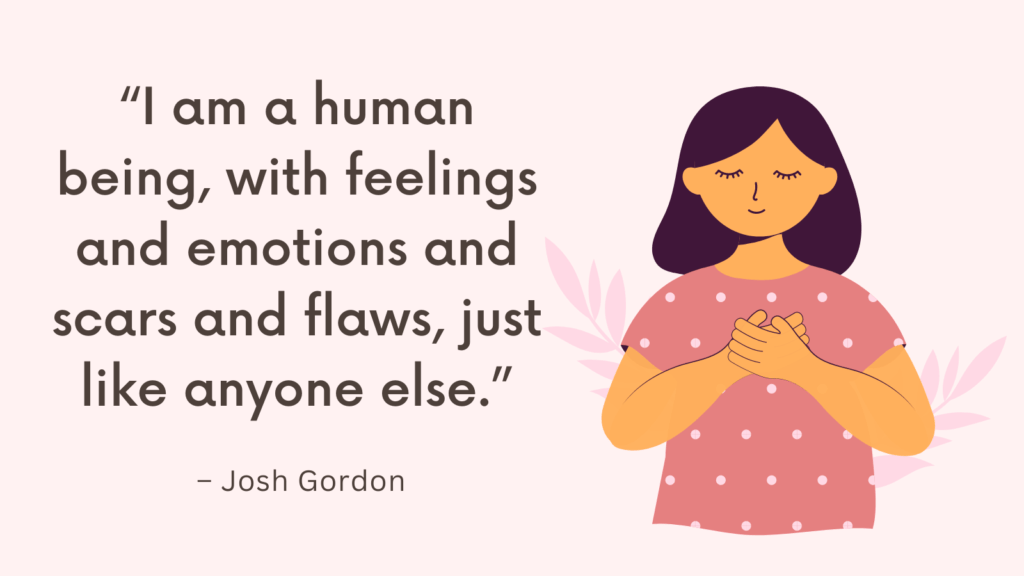Procrastination is a common challenge for many people, but for those with Attention Deficit Hyperactivity Disorder (ADHD), it can be particularly problematic.
ADHD is a brain disorder characterized by difficulties with attention, concentration, impulsivity, and hyperactivity.
Among these symptoms, impaired motivation is a significant issue that can lead to procrastination and other related problems.
The Nature of ADHD and Procrastination
People with ADHD often struggle to get started on tasks or to follow through with them once they’ve begun.
This isn’t just a matter of being unmotivated; it’s a fundamental aspect of how their brains are wired.
ADHD affects the brain’s dopamine pathways, which play a crucial role in motivation and reward.
Related: How To Manage Time With ADHD? Best 17 Time Management Tips For ADHD Adults
Why Do People with ADHD Procrastinate? 4 Factors Influencing Motivation in ADHD
Motivation in people with ADHD is influenced by several key factors: interest, urgency, degree of challenge, and novelty.
1. Interest
Tasks that are inherently interesting or enjoyable are easier for people with ADHD to engage in.
Finding ways to make tasks more appealing can help increase motivation.
2. Urgency
Many people with ADHD work better under pressure because urgency provides the necessary stimulation to get started.
However, relying solely on last-minute pressure can lead to anxiety and inconsistent results.
Creating artificial urgency, such as using a timer, can help simulate this effect without the negative consequences.
3. Degree of Challenge
Challenging tasks can be more engaging for individuals with ADHD.
Setting small, manageable challenges within a larger task can help maintain interest and motivation.
4. Novelty
New and fresh experiences are particularly stimulating for the ADHD brain.
Changing the environment or approach to a task can make it feel more novel and engaging.
Related: ADHD Burnout Cycle: top 9 Strategies to Prevent It
Practical Strategies to Combat Procrastination
Here are some effective strategies to help individuals with ADHD overcome procrastination:
1. Use a Timer
Using a timer can create a sense of urgency and turn a task into a challenge.
For example, setting a timer for an hour and trying to complete as much of the task as possible within that time can make the process more engaging.
After the timer goes off, reward yourself with a short break or a favorite activity.
2. Body Doubling
Working alongside someone else, either in person or virtually, can provide motivation and a sense of accountability.
This technique, known as body doubling, can help you stay focused and on task.
Choose a partner who is supportive and non-judgmental to maximize effectiveness.
Related: How To Get Out Of ADHD Paralysis?
3. Change Your Environment
Changing your surroundings can add an element of novelty to a task.
For instance, if you need to write a report, try doing it in a cozy coffee shop.
The new environment can provide a fresh perspective and make the task more enjoyable.
4. Break Tasks into Segments
Using techniques like the Pomodoro Technique can help manage time and maintain focus.
Work for 25-minute intervals followed by a 5-minute break, and after four cycles, take a longer break.
This method can make daunting tasks feel more manageable and prevent burnout.
Related: Best 10 Books On ADHD For Parents
5. Use a Timer to Create Urgency
Set a timer for 5 or 10 minutes and tell yourself you only have to work until it rings. Getting started is often the hardest part.
6. Start With the Easiest Part First
Choose the easiest, least intimidating piece of the task to tackle first to create an early win and lower resistance.
7. Set Clear, Specific Goals
Vague goals like “work on project” fuel procrastination. Clear goals like “write the introduction paragraph” guide action.
8. Make Discomfort a Normal Part of the Process
Don’t wait to “feel like it.” Accept that starting will feel uncomfortable—and do it anyway.
9. Use the Two-Minute Rule
If a task will take two minutes or less, do it immediately. Small tasks pile up and create invisible mental clutter.
10. Create a Distraction-Free Environment
Silence notifications, close unnecessary tabs, put your phone in another room—set yourself up to focus.

Conclusion
Procrastination in ADHD is closely linked to the brain’s dopamine pathways and the resulting challenges in motivation.
By understanding these underlying mechanisms and employing strategies to increase interest, urgency, challenge, and novelty, individuals with ADHD can improve their ability to start and complete tasks.
If you or someone you know struggles with ADHD, consider exploring these techniques and seeking support from mental health professionals.



